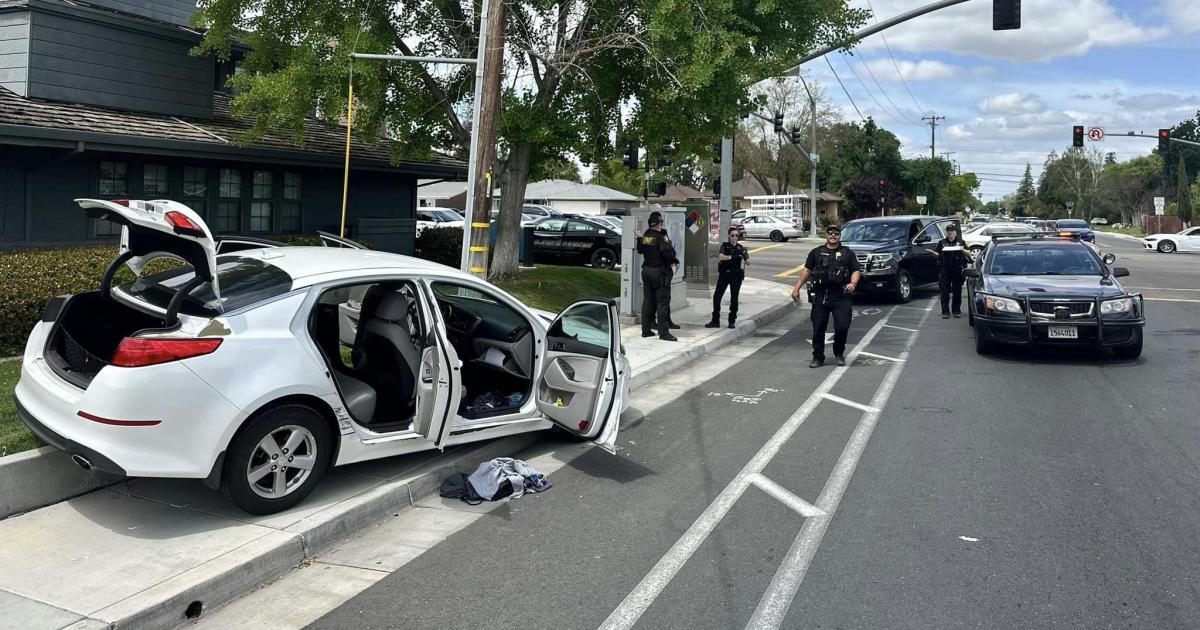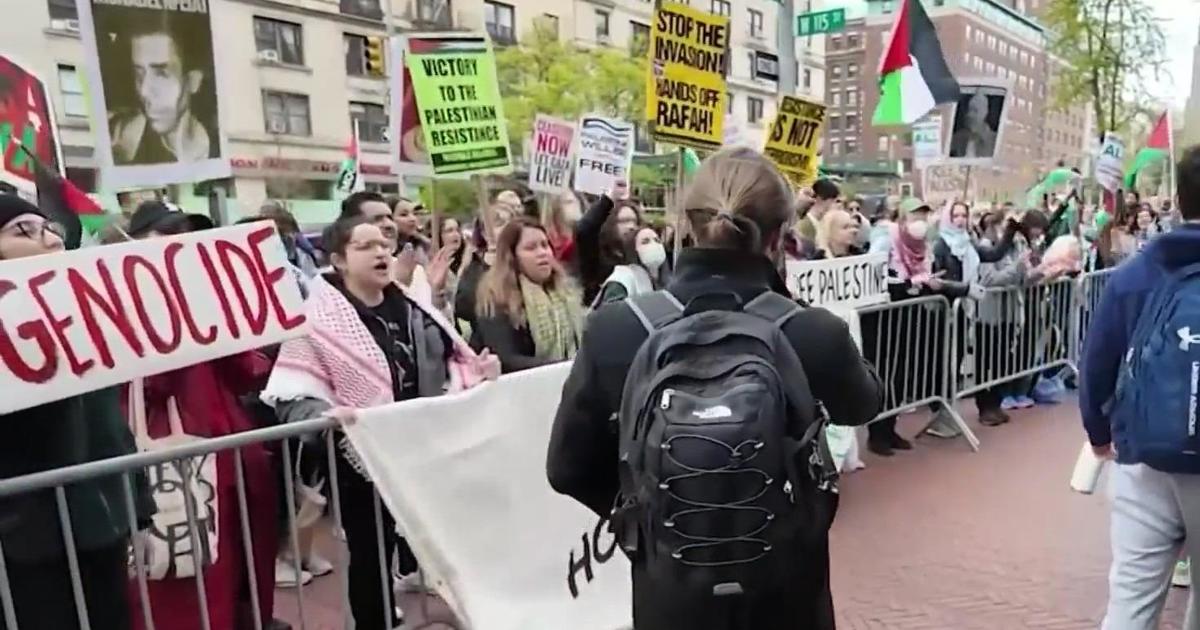BART, Union Leaders Reach Pact
SAN FRANCISCO (AP) — The threat of another commute-crippling transportation strike in the San Francisco Bay area receded on Saturday when officials for the region's transit rail system and negotiators for its two largest labor unions said they had resolved the latest sticking point in their months-long negotiations and reached a new contract.
Bay Area Rapid Transit district and union leaders said the four-year deal reached early Saturday settles a dispute over paid medical leave for employees that arose last month after the two sides had approved an October agreement that ended the second of two strikes BART workers staged this year.
"I'm hopeful this is the last stop and that we can get off this wild ride of negotiations and that the parties can get back to our main focus, which is delivering people to and from their points of interest," Saul Almanza, a BART worker safety specialist and Service Employees International Union vice president.
Under the revised agreement BART posted on its website, workers who need to take time off to care for sick family members will be allowed to decide how to use sick days, vacation time and other accumulated paid days off to maintain their paychecks. They also will have the option of taking up to 12 days off without pay.
The language replaces a provision in the October agreement that would have given workers up to six weeks of paid family leave a year. After that first deal was approved by union members, BART officials said the paid leave provision had been included by mistake and that honoring the benefit would cost the system $44 million over the life of the contract if one-third of the agency's workers took advantage of it.
The district's board subsequently stripped the disputed section from the contract, raising the possibility of a third strike and prompting the latest round of labor talks.
BART General Manager Grace Crunican said in a statement early Saturday that she will recommend that the board of directors approve the new agreement as soon as possible. BART officials have agreed to get the contract ratified before the unions vote on it.
"After eight months of uncertainty for our riders, this deal will guarantee that every ounce of the agency's focus will be directed to providing great service to the Bay Area during the peak holiday period and beyond," Crunican said, according to the statement.
BART spokeswoman Alicia Trost said district officials would not comment further on the agreement until after union leaders had a chance to present the terms to their members.
Amalgamated Transit Union Local 1555 President Antonette Bryant confirmed by phone that a deal had been reached during the early morning negotiations. She declined, however, to discuss details until union members have had a chance to see the agreement.
The BART statement says the contract dispute was resolved with solutions that either are administrative or can be covered within the transit system's existing budget.
Regular BART riders had mixed reactions to the news that another agreement was at hand. Santoss Giri, 35, a software engineer who lives in Menlo Park south of San Francisco, said it took him a lot longer to get to work by bus when BART's unions were on strike in July and October.
"We weren't happy with the strikes," Giri said. "It is a real inconvenience."
Laura Arriola, who takes BART from her home in Berkeley to get to and from her job with the city of San Francisco, said that while BART employees may have scored a good contract — the proposed agreement calls for union workers to receive an average annual raise of nearly 4 percent annually — passengers still must contend with trains that are dirty and sometimes disrupted by unruly riders, as well as the potential for future labor unrest.
"If we have to do this every four years, therein lies the problem," Arriola said. "In the Bay Area, I think public transportation has become a necessity, a requirement.
In addition to giving workers more flexibility in how they pay for family leave, the new agreement includes step-parents and grandchildren in the list of relatives whose deaths for whom employees may seek bereavement leave.
It also specifies the conditions under which workers would receive overtime pay for hours they spend in training, includes one-year lump sum payments based on growth in ridership and calls for upgrades to employee break rooms at three BART stations.
Copyright 2013 The Associated Press. All rights reserved. This material may not be published, broadcast, rewritten or redistributed.
Related Stories:



